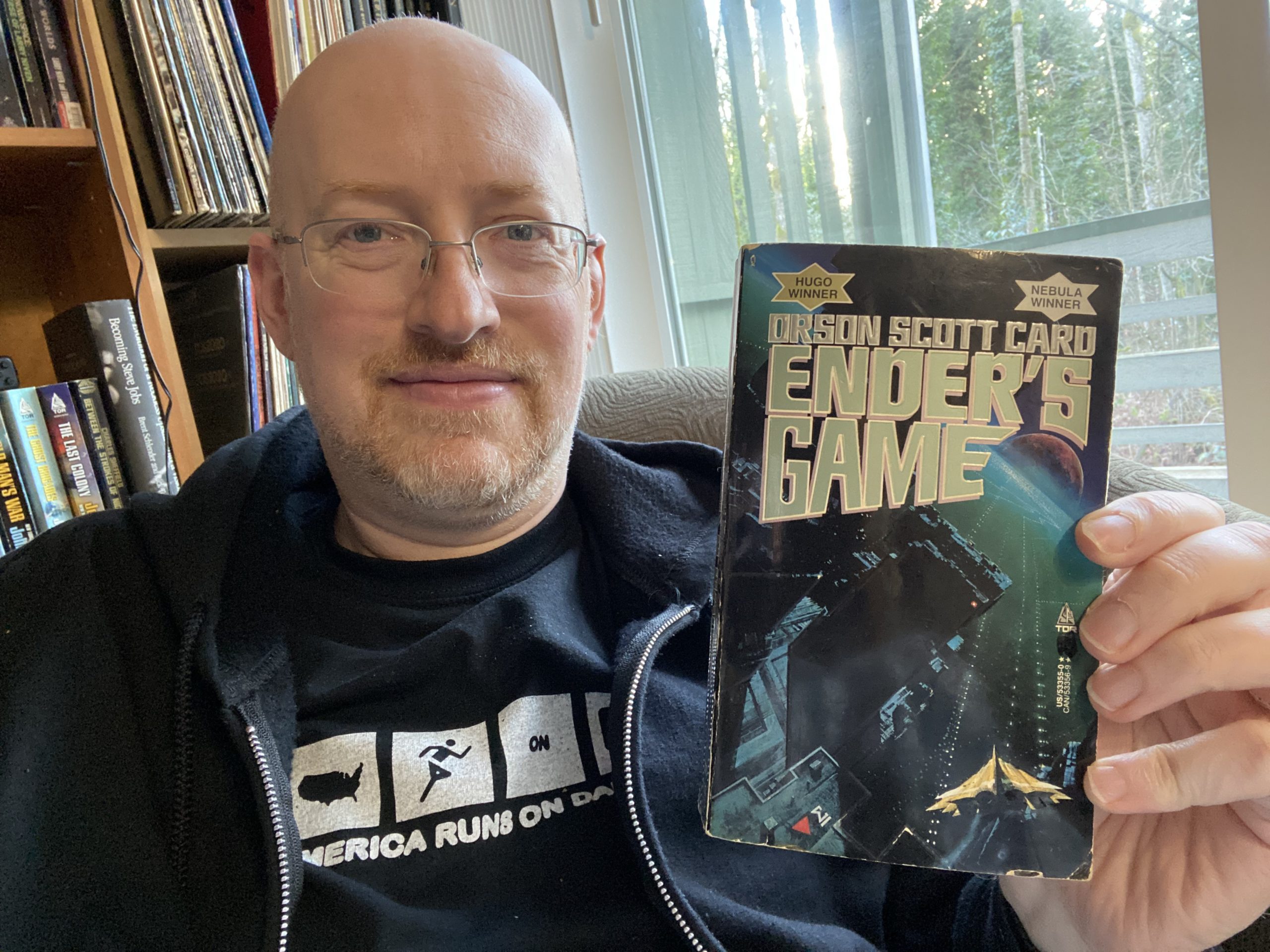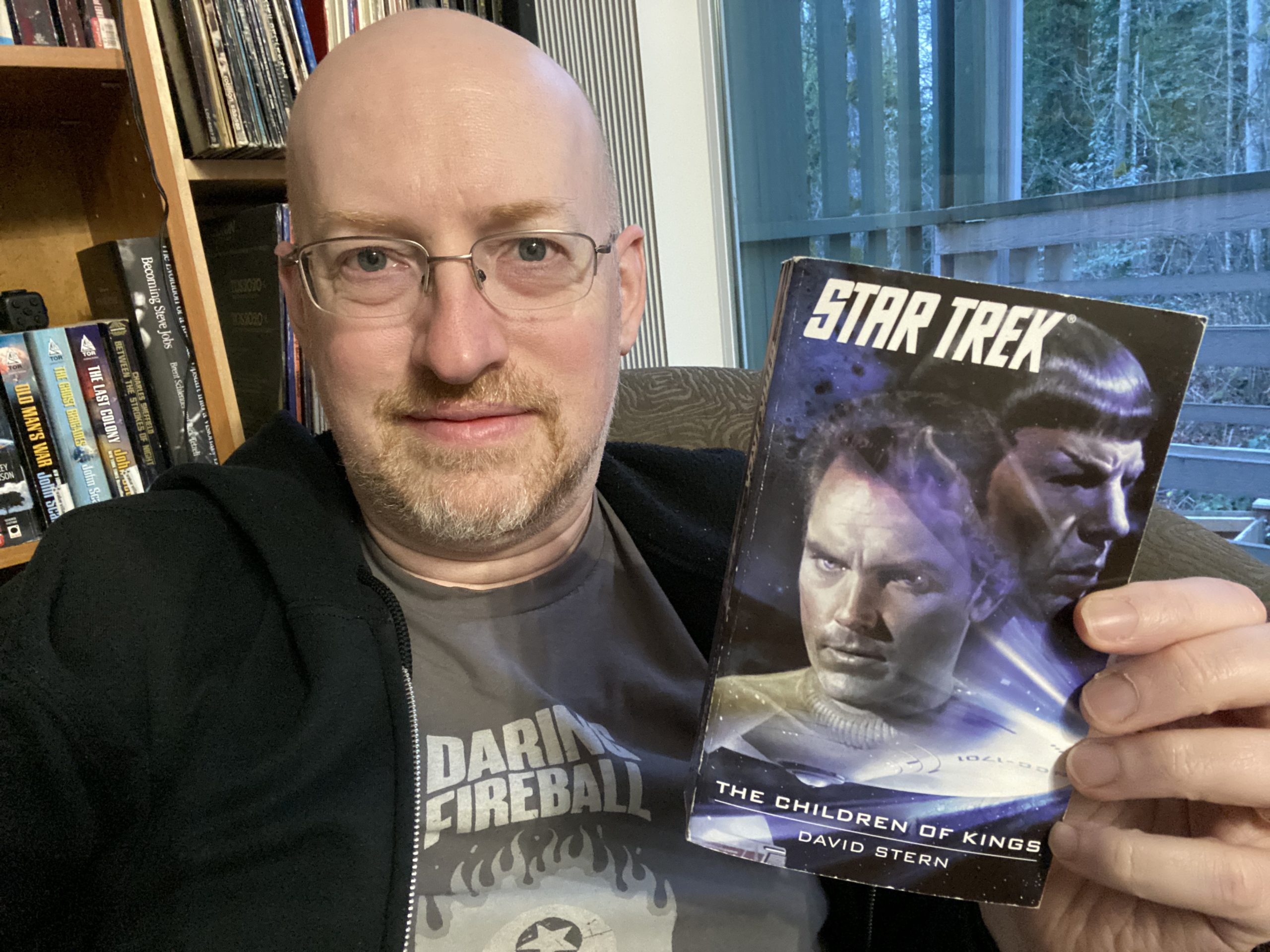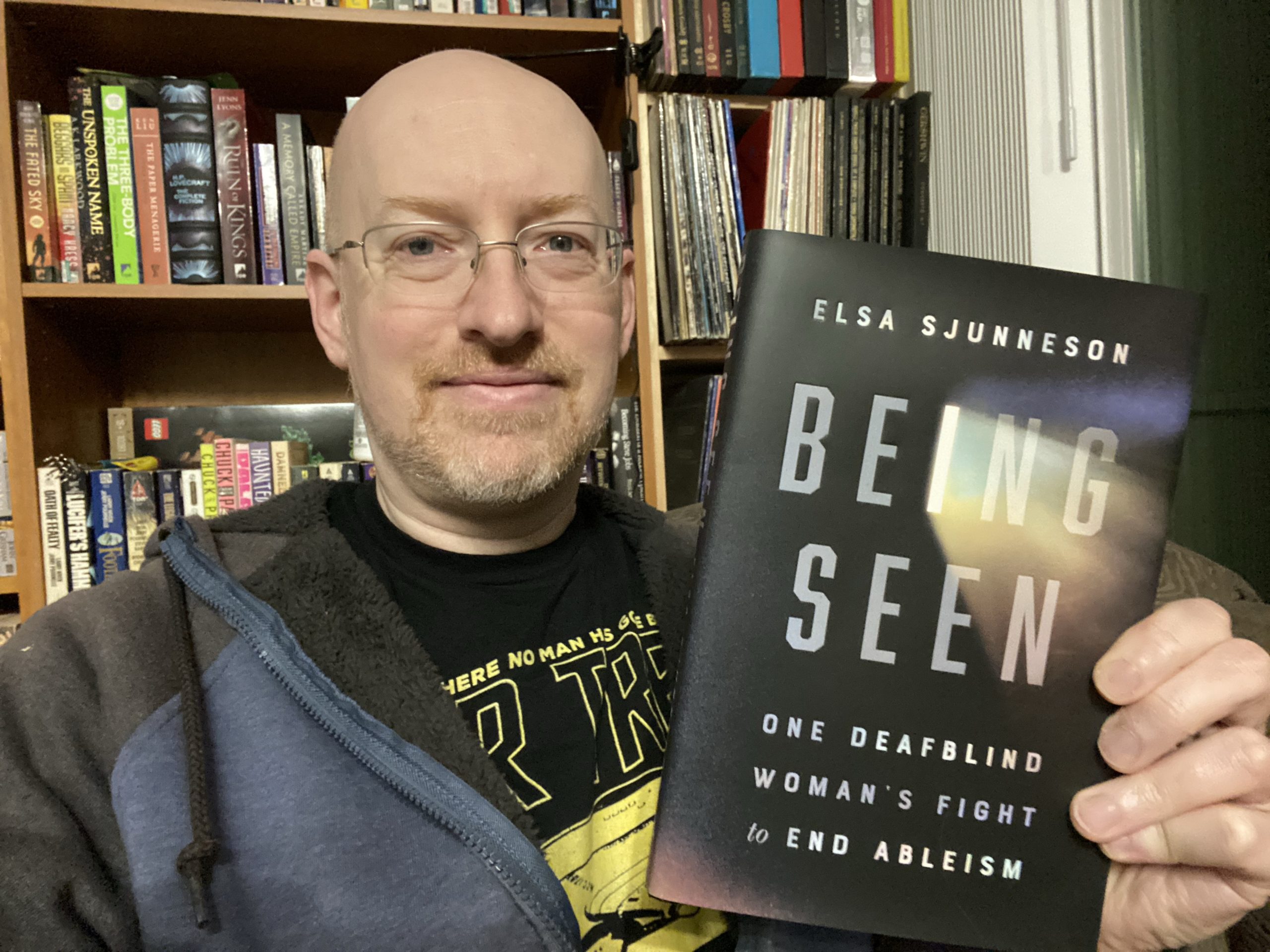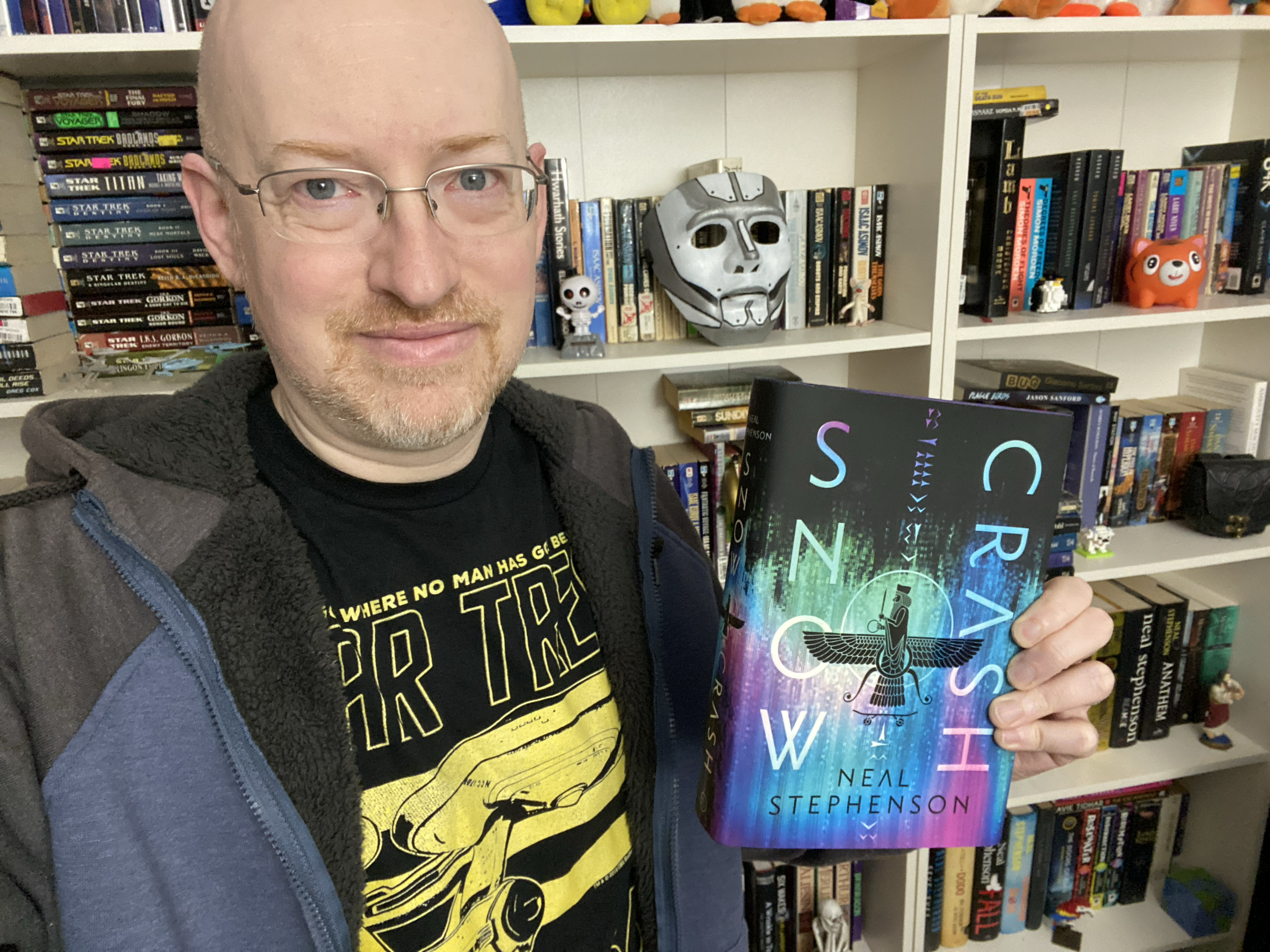6/2023 – ⭐️⭐️⭐️⭐️ 1987 Hugo Best Novel
Really impressive. Builds on the universe and characters of Ender’s Game, but in very different ways. Lots of very thoughtful (and thought-provoking) discussions of truth, how people see themselves and others, relationships among different types of people and how they see each other, and the vast differences between assumptions and reality, especially when dealing with other cultures (or, in this case, alien intelligences).
A bit of unfortunate ableism at the very end after a character is injured. While it could almost be explained away as very unsurprising self-pity of someone dealing with new physical circumstances, Card does fall into the trap of having created a futuristic society with space travel and all sorts of technological advances, even allowing a blinded character to see through cybernetic enhancements, but motor and speech disabilities are seen as virtually life-ending.
Outside of that, it’s another book that makes me wish Card wasn’t so problematic, so I wouldn’t feel kind of guilty about enjoying his books as much as I do. Which brings me to copying this over from my review of Ender’s Game:
NOTE: It should be noted that OSC had long held and promoted viewpoints that I vehemently disagree with. The books of his in my collection were purchased before I knew of his standpoints, from secondhand stores, or both. I knew going into my Hugo reading project that there would authors and works I would find problematic, and that there might be situations (like this one) where I enjoyed a work by a problematic author. I do what I can to mitigate those situations by purchasing used copies of books so as not to directly contribute to those problematic authors who are still with us, and by noting when I run into those situations – like here (and again down the road, as one of JKR’s HP books also won a Hugo).





